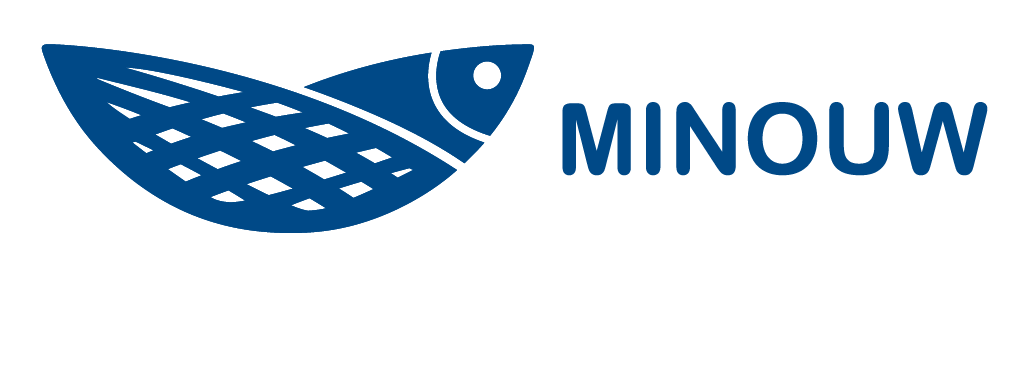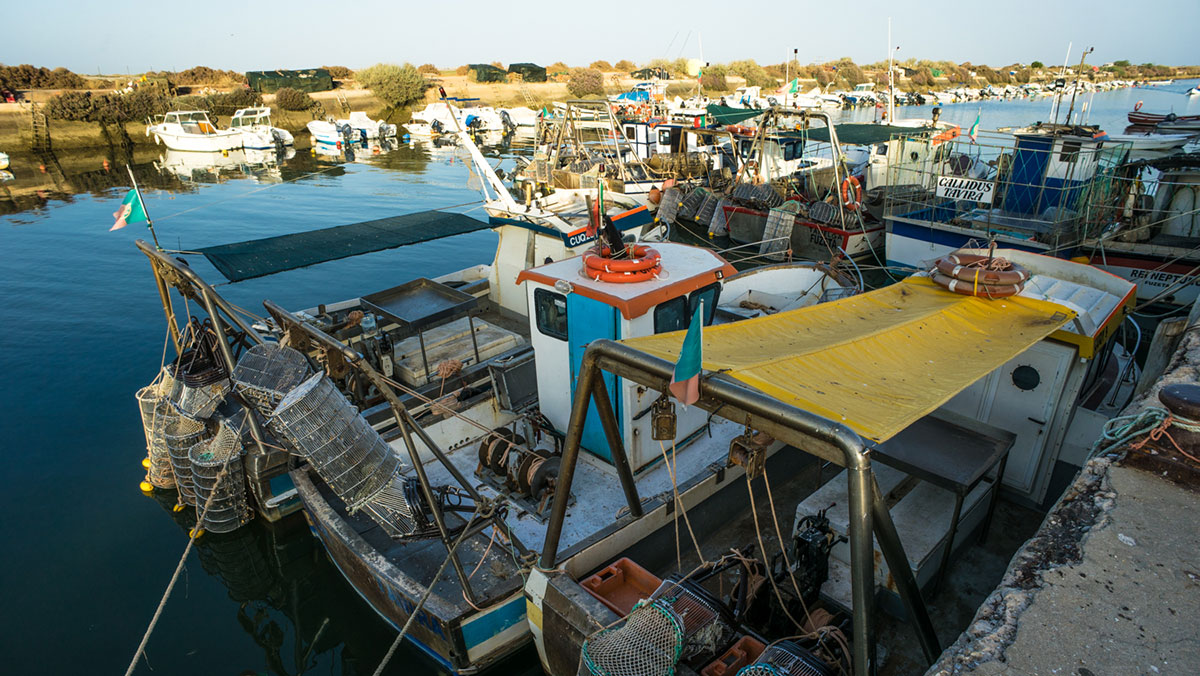January 1st 2019 saw the full implementation of Landing Obligation throughout EU fisheries.
For the first time in history, the Common Fisheries Policy (CFP) is extended from landed catches to 'all catches' - including discards. This is a massive shift in EU fisheries management and a change that has far-reaching consequences for fishers' and the fishing industry. However, most fishers' and national administrations are not prepared for this transformation. As things stand, the successful implementation of the Landing Obligation, and the benefits for the health and sustainability of European fish stocks, is far from assured.
Uneven playing field, uneven results
Currently, there is neither a coordinated and comprehensive approach to the implementation of the Landing Obligation, nor any agreement on best practice. One hindrance is that the application and interpretation of the CFP differs markedly across EU member states. There is no common understanding of how regulation should be applied and monitored.
In addition, Fishers view the Landing Obligation as overwhelmingly negative, feeling that they were excluded from the initial decision-making process which led to its introduction. Fishers have always resisted top-down decisions which affect them directly but do not take account of their needs, knowledge or investments. Attempting to apply the Landing Obligation without either practical and effective monitoring systems in place or the buy-in of fishers means it has little chance of success or of having any real impact.
We must learn from experience
In 2015 The Baltic Cod Trawl Fishery introduced a phased ‘discard ban’. Although this seemed to meet certain prerequisites for success - a long history of successful gear selectivity research and discard observers programmes - it has failed to deliver any of the expected benefits.
However, with a lack of clear incentives for the fishers themselves to adapt, discarding has not decreased - in fact, there is some indication that it has actually increased, and there have been few indications of increased gear selectivity in the fishery.
Coupled with this, a shift in the role of observers - monitoring what was now considered an illegal act - has resulted in a poorer quality of scientific data due to an increase in refusal to access vessels. This has impacted on the ability to build successful management plans based on good data.
“Despite the initial cost to fishers of modifying their boats and gear, the Norwegian and Barents Sea fisheries are now some of the most prosperous fisheries in the world.”
However, research shows that when a discards ban is applied successfully, and results in a behaviour change, fishers reap long-term rewards. In Norwegian cod and haddock fisheries, a ban on discards was phased in between 1987 and 2008. Working directly with fishers in developing selective fishing techniques and gear to decrease by-catch was prioritised. Scientists carefully monitored fish stocks and closed fishing areas when stocks were low, helping stocks to recover and maintain their levels. Despite the initial cost to fishers of modifying their boats and gear, the Norwegian and Barents Sea fisheries are now some of the most prosperous fisheries in the world. Fishers were engaged in this process, which has led to a 'cultural shift [so that] needless waste of a living resource is no longer acceptable'.
Coordinate efforts and emphasise the long term gains
It’s clear much more needs to be done by all stakeholders for the Landing Obligation to be implemented successfully, and for it to deliver long term benefits to Mediterranean fisheries. All fishers need to be informed of the financial benefits they stand to gain - long-term sustainable fish stocks will yield long term sustainable profits for everybody despite the short-term economic cost of adapting boats and gear to comply with the Landing Obligation.
Enforcing the LO will also require additional resources for assessing its implementation and monitoring through the reliable collection of data. Finally, the cooperation of fishers is key. MINOUW has worked with fishers to identify and test selective gear and achieve practical and effective solutions to improving selectivity and decreasing bycatch. Fishers are key stakeholders in tackling this issue and funding must be available to help all fisheries cope with this transition.
Ensuring success
The LO aims to stop the discarding of unwanted bycatch in the Mediterranean sea, and reduce bycatch in EU fisheries. Success will ensure the long-term sustainability of fish stocks and the fishing industry; in turn, EU fisheries will be more profitable. Now that the LO has come into effect, all stakeholders must work together to focus their efforts and ensure success.
Additional information
https://link.springer.com/book/10.1007%2F978-3-030-03308-8 - The European Landing Obligation (Discardless report) https://link.springer.com/chapter/10.1007/978-3-030-03308-8_10 - The Baltic Cod Trawl Fishery: The Perfect Fishery for a Successful Implementation of the Landing Obligation?
http://scimar.icm.csic.es/scimar/index.php/secId/7/Id/217 - Discards regulation vs. Mediterranean fisheries sustainabilty



